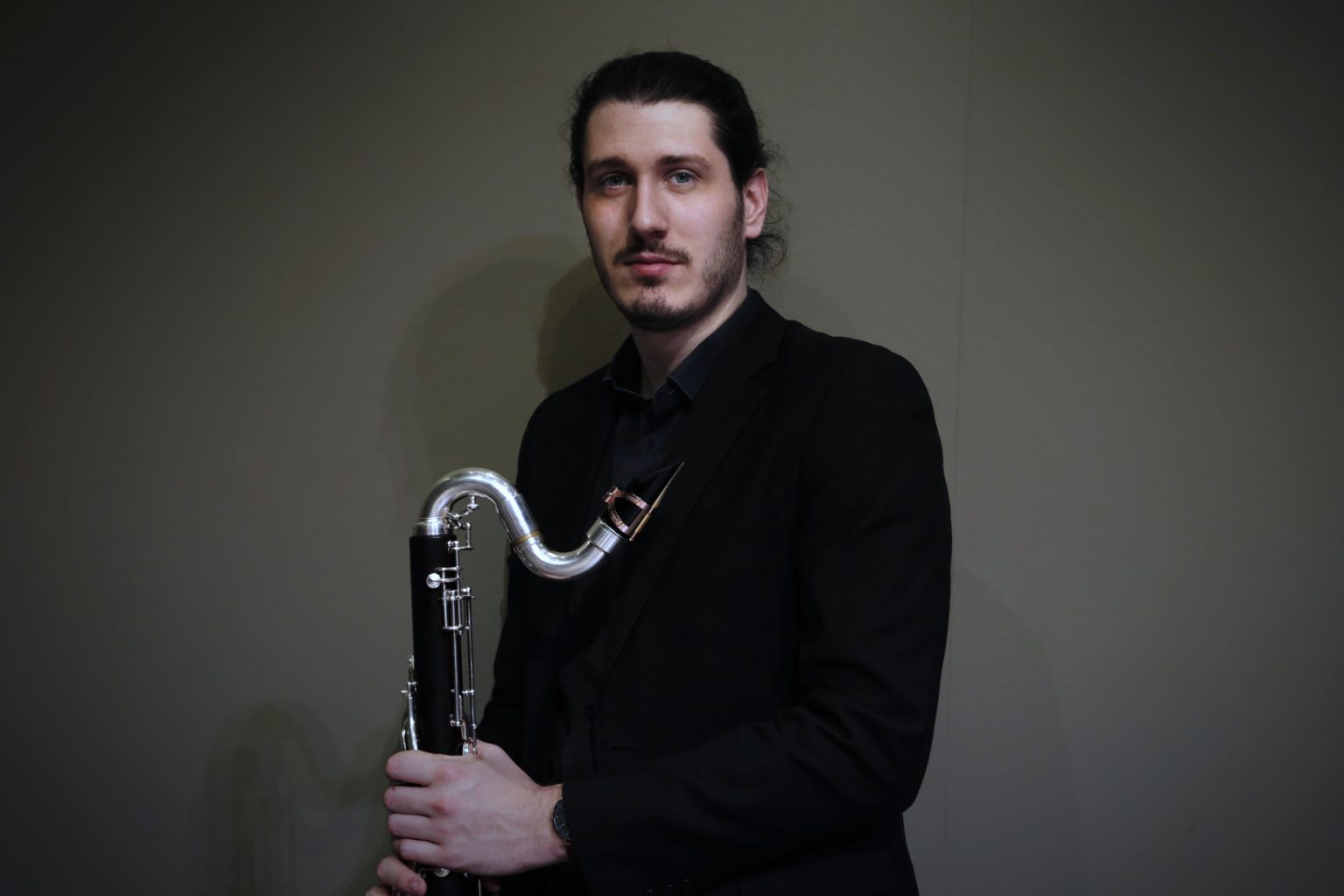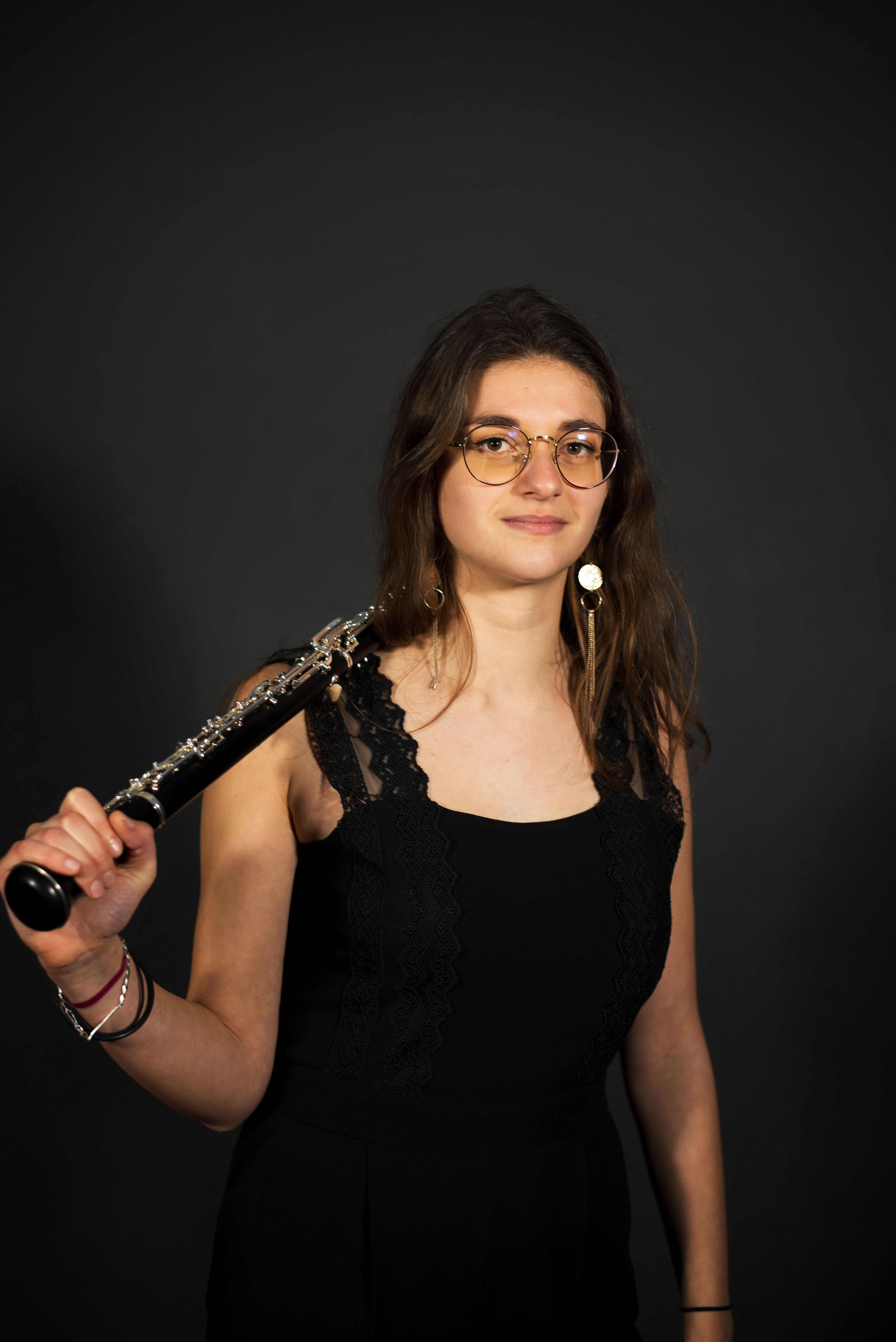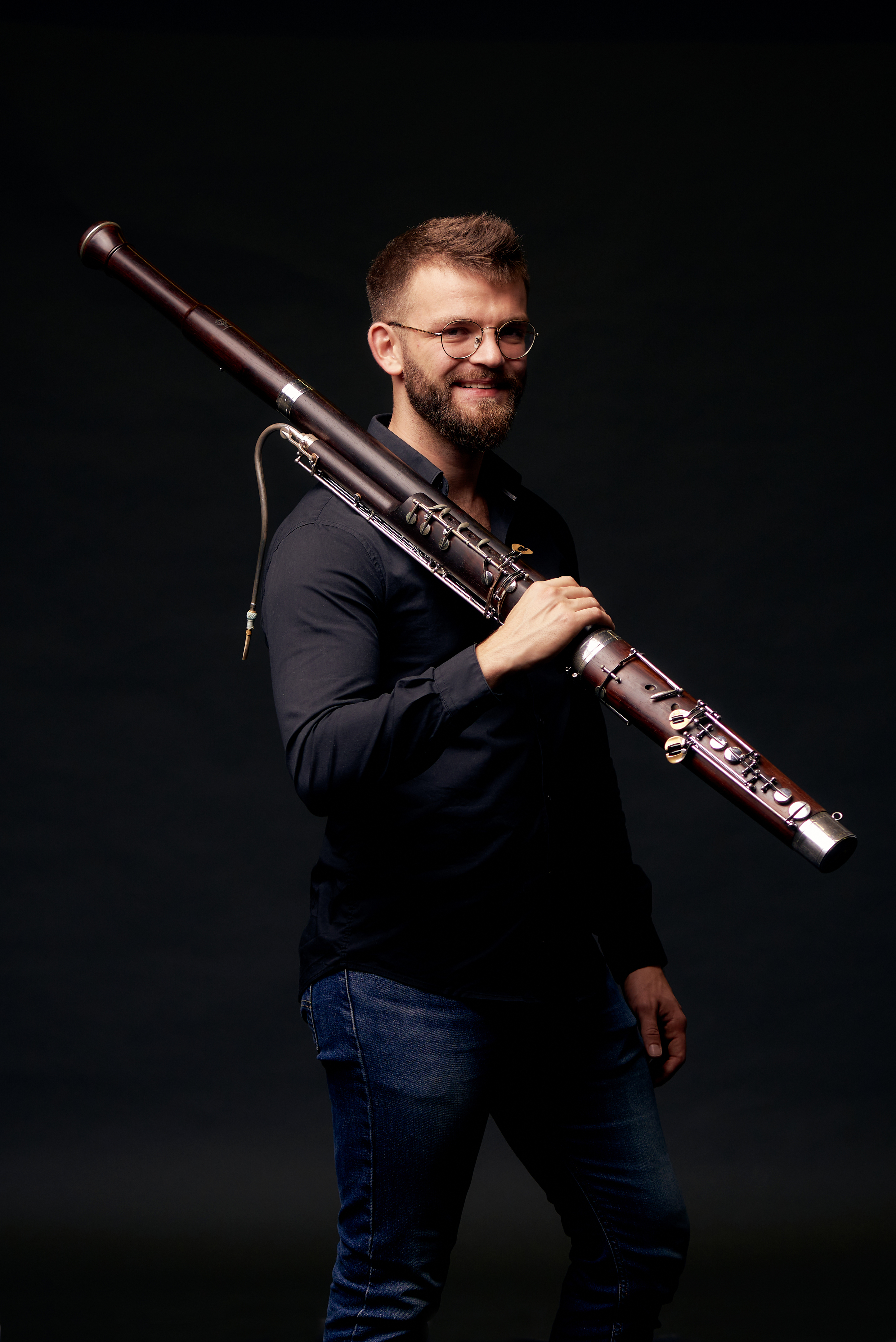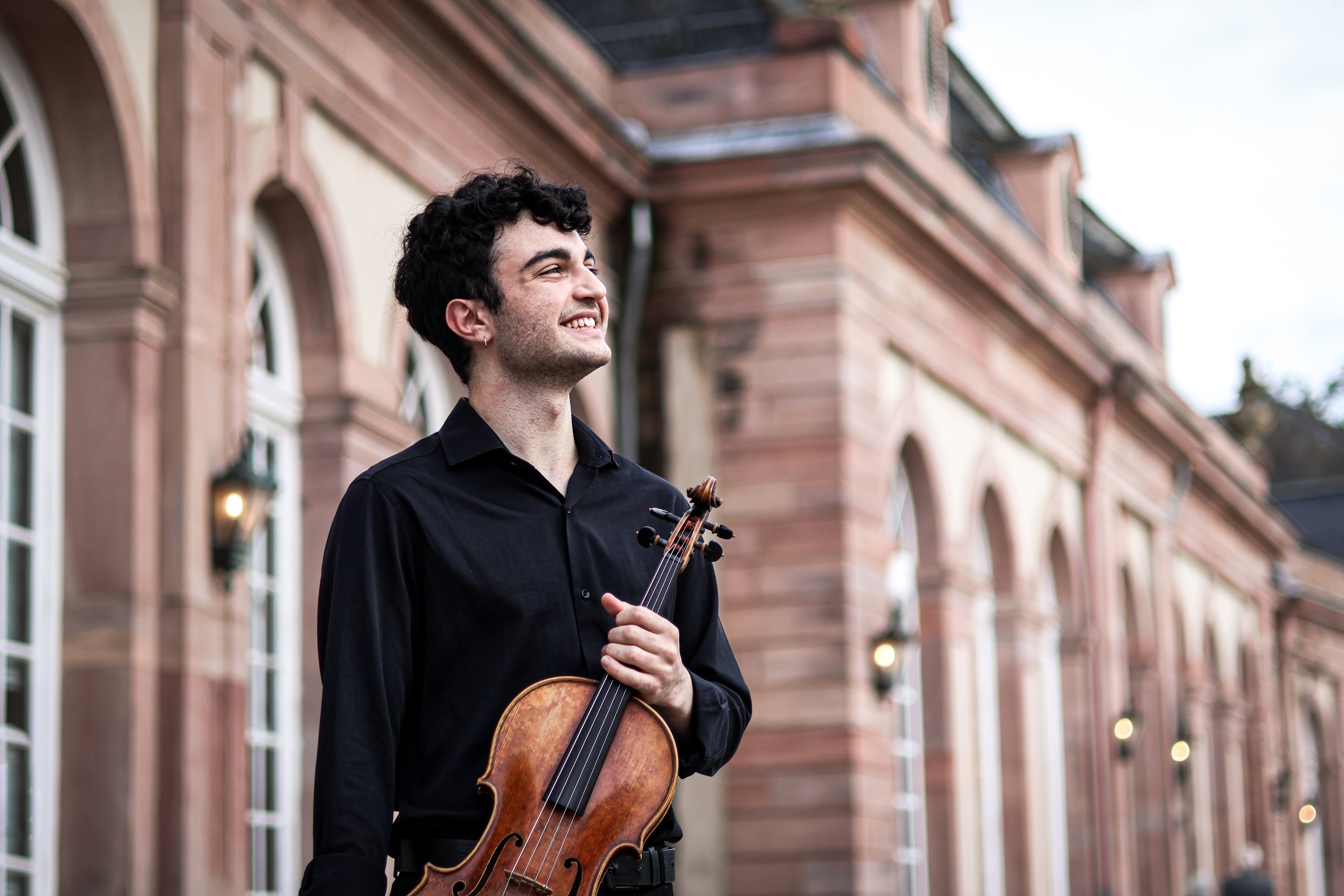When the french sonata meets Clara Schumann and Mozart
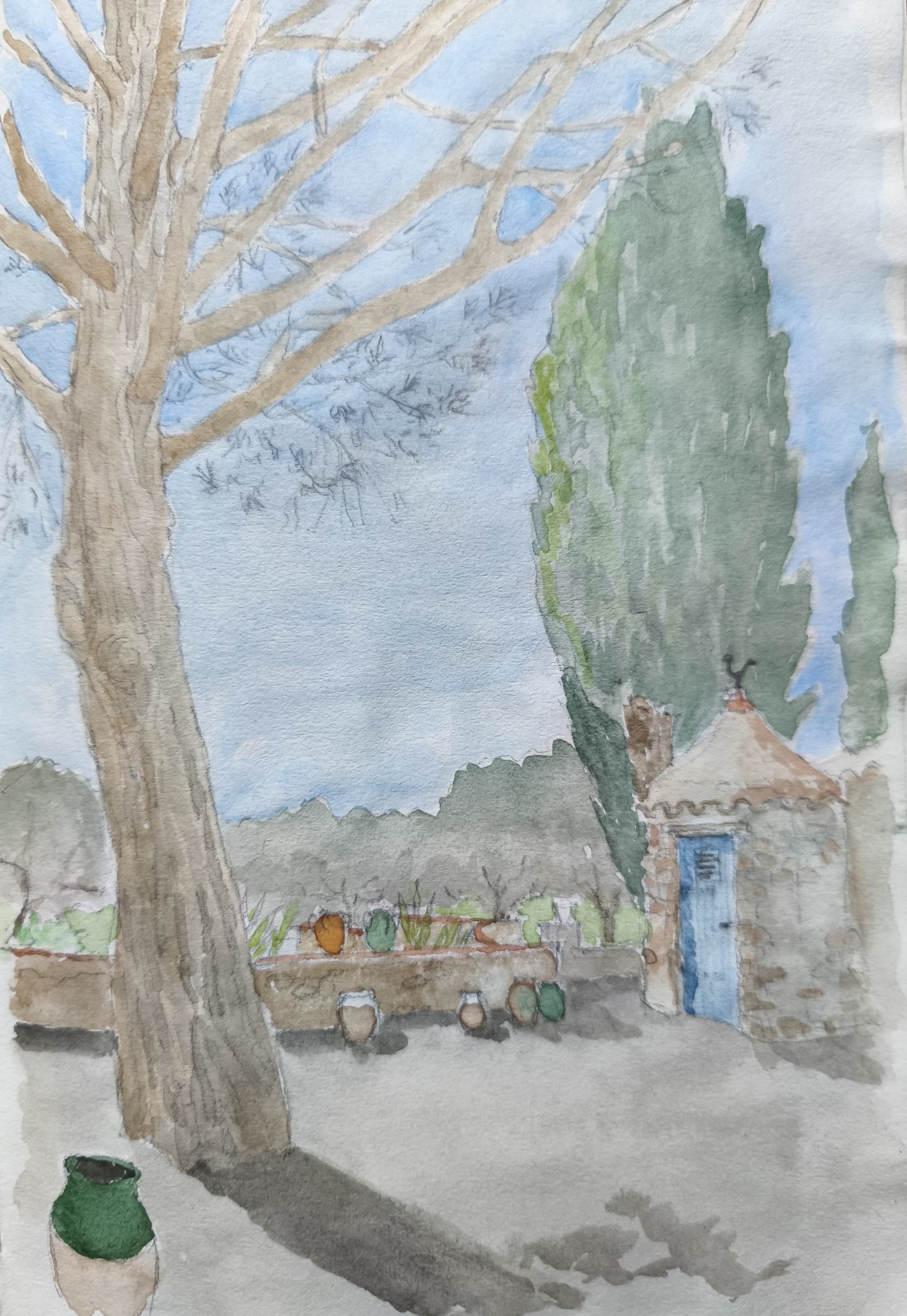
Monday 4 August 2025 – 9 PM
Collégiale Saint-Pancrace, Aups
The second concert features three instruments from the woodwind family: the oboe, the bassoon and the clarinet. To highlight their unique qualities, they will be accompanied in turn by pianist Miharu Ogura to perform three sonatas.
For the clarinet, the sonata by Francis Poulenc has been chosen. Composed very shortly before the Frenchman's death, this work showcases the composer's spirit of vivacity, melancholy and melodic beauty.
The sonata by Camille Saint-Saëns will then allow the bassoon to express itself fully. Like the Poulenc sonata, this work was composed shortly before Saint-Saëns's death alongside a clarinet sonata and an oboe sonata, with the aim of providing repertoire for instruments that were little represented at the time.
For the oboe, we return to Germany to meet Clara Schumann, a virtuoso composer and pianist who unfortunately suffered in the shadow of her husband, the well-known Robert Schumann. These romances, originally composed for violin, are now regularly performed with great success by oboists.
To close this programme, the clarinet and piano will be joined by a viola to perform Mozart's Bowling Trio, blending their sonorities in a lightness and gaiety tinged with the melancholy that only Mozart could convey. The composer is said to have been inspired to write this work by a game of skittles, which gives the trio its distinctive name, an innovation for its time.
Programme
Francis Poulenc
Sonata for clarinet and piano
Camille Saint-Saëns
Sonata for bassoon and piano
Clara Schumann
Three romances for oboe and piano
Wolfgang Amadeus Mozart
Kegelstatt Trio for clarinet, viola and piano
